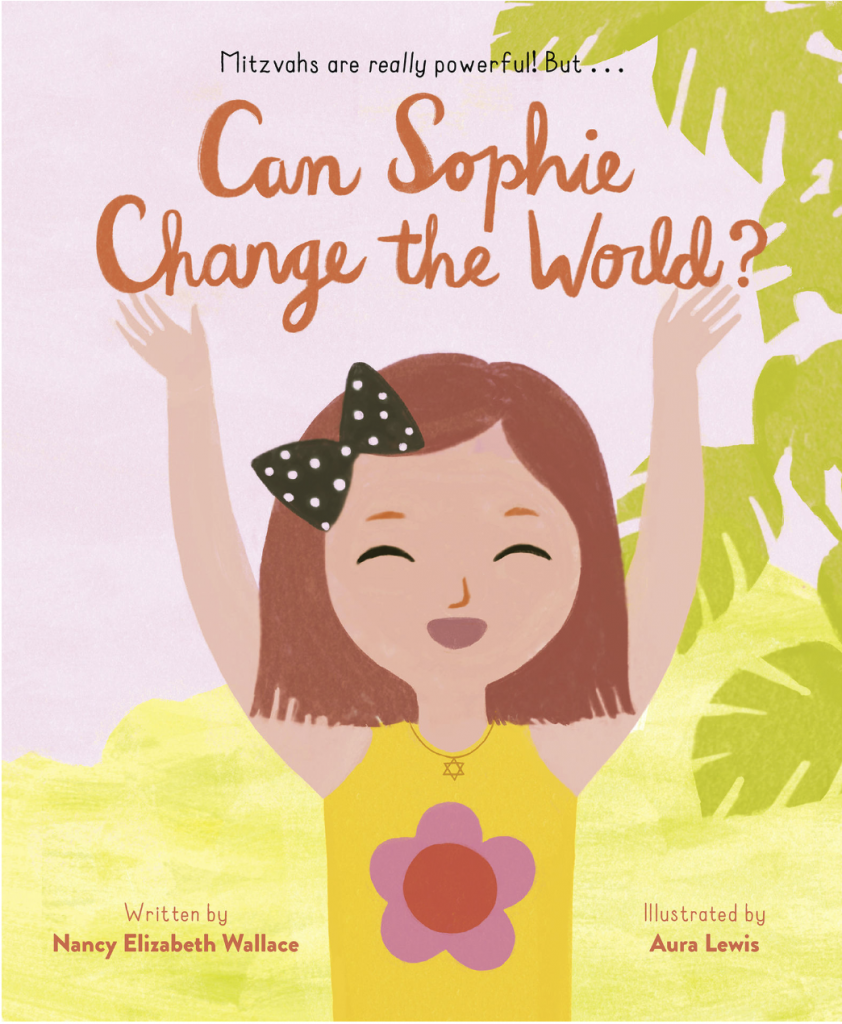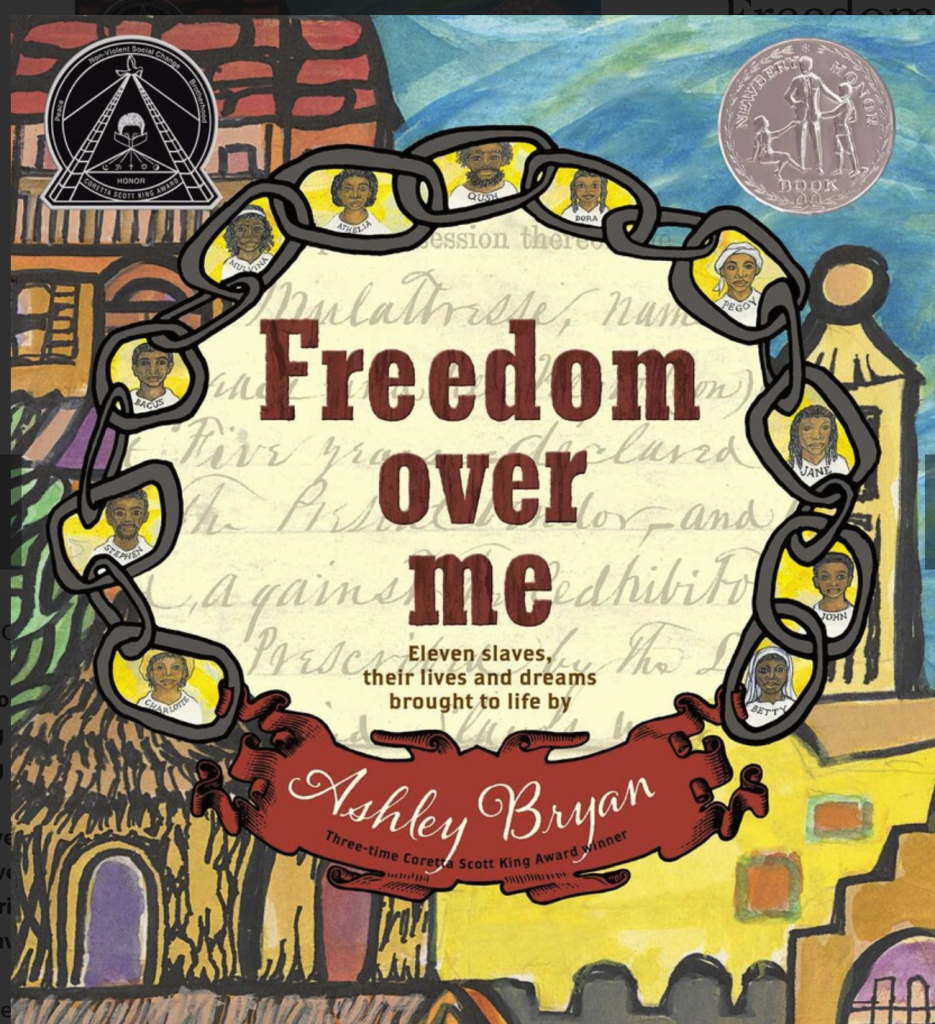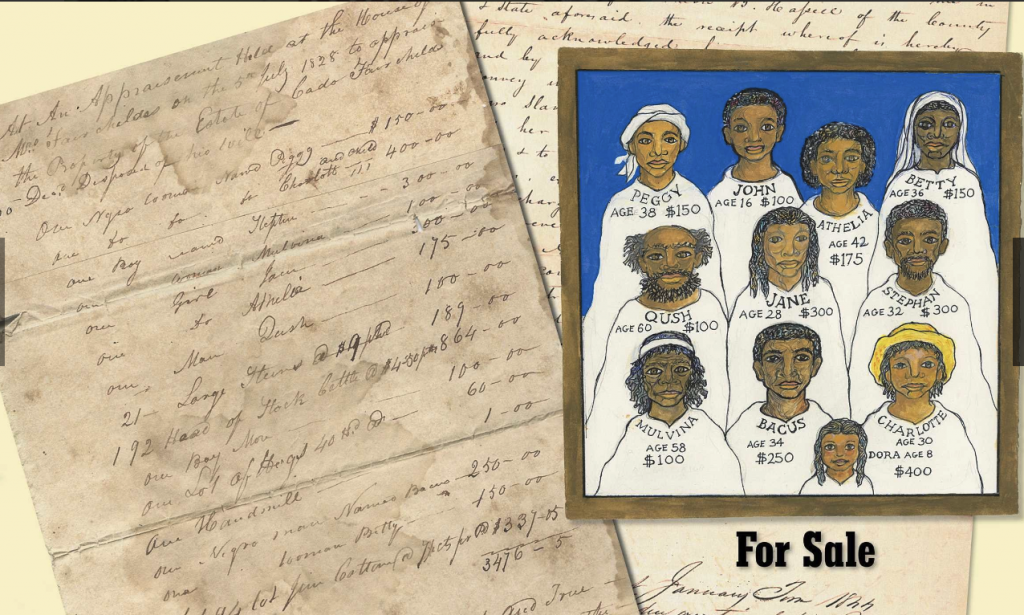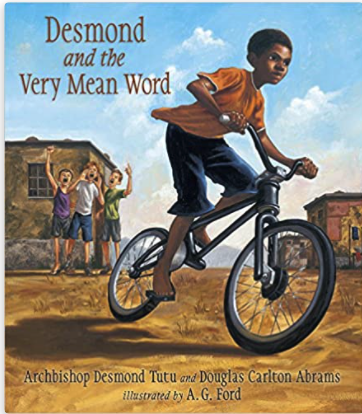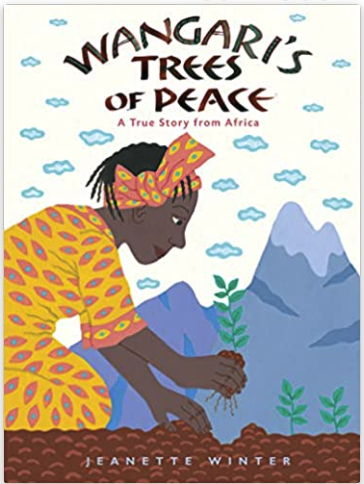Message given at Durham Friends Meeting, December 19, 2021
Luke 2:8-20 8 And there were shepherds living out in the fields nearby, keeping watch over their flocks at night. 9 An angel of the Lord appeared to them, and the glory of the Lord shone around them, and they were terrified. 10 But the angel said to them, “Do not be afraid. I bring you good news that will cause great joy for all the people. 11 Today in the town of David a Savior has been born to you; he is the Messiah, the Lord. 12 This will be a sign to you: You will find a baby wrapped in cloths and lying in a manger.” 13 Suddenly a great company of the heavenly host appeared with the angel, praising God and saying, 14 “Glory to God in the highest heaven, and on earth peace to those on whom his favor rests.” 15 When the angels had left them and gone into heaven, the shepherds said to one another, “Let’s go to Bethlehem and see this thing that has happened, which the Lord has told us about.” 16 So they hurried off and found Mary and Joseph, and the baby, who was lying in the manger. 17 When they had seen him, they spread the word concerning what had been told them about this child, 18 and all who heard it were amazed at what the shepherds said to them. 19 But Mary treasured up all these things and pondered them in her heart. 20 The shepherds returned, glorifying and praising God for all the things they had heard and seen, which were just as they had been told.
Some of you may remember a time in history when a daily newspaper was delivered—in print—to your home. No, really! And it had actual news in it—of international, national and local interest. Really! Actual news?!? You can google it—and see I am telling the truth.
We had one of those newspaper when I was growing up that included a section devoted to feature stories—less the who, what, when, and where of the days events—and more articles focused around human interest. In my newspaper, this was called the Living Section.
About the time I was in middle-school, the Living Section began running a daily feature called People. It was always on page 2 and it chronicled the comings and goings of all of the cultural celebrities—the actresses, models, singers, athletes and politicians. Whenever possible, it also included any noteworthy local people—the self-proclaimed movers and shakers close to home. Thanks to the people section, the rest of us could keep up on the opinions, fashion choices, and activities of the famous, fabulous, wealthy and beautiful—those near to us and far away.
In all of the years I read the paper, not one person I actually knew was ever listed. Many of the same people would show up, over and over again, in this section—but the rest of us, actually the vast majority of us, never had our photos, our names, or anything else about us ever included here.
For whatever reason, our plain, ordinary, less significant or more hidden lives did not qualify as worthy to show-up within a section devoted to, at least by the standards of the newspaper, the people who mattered most. In a world just dying to know the latest gossip around the stars, there simply was no time or space to waste on the dimly-lit lives of a mere members of the crowd.
While the Bible certainly has its own share of big personalities, one of my favorite characters throughout the text—and especially in the NT—is the “crowd.” It is a group that gets mentioned, in one form or another, about 200 times in the NT alone. These are the ones who follow Jesus nearly everywhere he goes. They are curious, desperate for help, eager to hear him teach, astonished when he says the Kingdom belongs to people just like them. The crowd is comprised of potential followers, happy fence sitters, and rabid opponents—sometimes all in the same person. Most of these nameless and faceless people we know nothing about—not their political persuasions, their fashion tips, thoughts on the latest diet plan or social controversy. All we know is they are part of the mass of humanity who are open to…and maybe even eager for…God to show up and do something to heal their sickness, rekindle their hope, free them from their burdens, forgive their sins, and restore a broken world to something more just, more peaceable and more humane than they know in the moment.
I encourage you to read the NT from the perspective of the crowd—at some point—to place yourself squarely within that community. Listen from their perspective. See from the place of one who stands in the back of the room rather than the front. Consider the difference it might make to watch the drama of God unfold through the eyes of one who may just be grateful and surprised to be included at all…rather than focusing on whether life is happening the way I want, planned, or demand.
Crowd members come from all walks of life in NT—but most often they’re the lower class—the uneducated, the common, the ones so ordinary they fade into the backdrop. They were tax-collectors, prostitutes, sinners of all shapes and sizes. Among them, you will find fisherman, farmers, peasant women and more than a few shepherds.
In this morning’s scripture reading, we heard the familiar story of angels lighting up the night sky and bringing glorious news to a group of unlikely recipients—shepherds. For whatever reason, news of this transforming moment in time—one on which history pivots—comes to commoners rather than the politically privileged, members of the religious hierarchy, the affluent or the well-known. These are just shepherds. No accounts. Ordinaries. Unexceptionals. Those who seemingly would be last to be in the loop on something this significant.
But there they were, living their ordinary lives—out in the field tending the sheep when the brilliant glory of an angel pierces the darkness. Terrified by this visitation, the angel tries to calm their appropriate fear with news of great joy, hope and peace.
“I bring you good news that will cause great joy for all the people. Today in the town of David a Savior has been born to you; he is the Messiah, the Lord. This will be a sign to you: You will find a baby wrapped in cloths and lying in a manger.”
And just in case any of the shepherds missed the significance of what they were hearing & seeing, a whole host of angels show up, praising God and saying, “Glory to God in the highest heaven, and on earth peace to those on whom God’s favor rests.” This, Friends, is breaking news & shepherds have front row seats
Our foremothers and fathers in the Quaker faith sometimes wrote and spoke of a Day of Visitation” –a period of time or times in everyone’s life when they are open to hearing the invitational voice of God and responding to it. For the ones who are attentive and obedient to respond, a life and connection to God will grow and flourish in them and they will be nourished and nurtured into a greater and stronger faith. It is a day/time when God shows up in a way we can see/hear—and often we do.
But for those who close their eyes and ears and hearts and minds to God’s coming—if the Light is continually ignored or rebelled against, it is likely to grow increasingly dim over time and one day may disappear completely. For whatever reason, we can learn to ignore the voice of SP and even the blinding light of an angel army.
Maybe on this day of visitation, the shepherds had no choice but to see and respond. Maybe this experience was so compelling that they had to go immediately to Bethlehem to find the child. But I wonder… Many times, as it is recorded in the biblical text, God intervenes in some sort of amazing way and plenty people seem to miss it. My favorite example comes from John 12, where the very voice of God speaks in an audible way within the hearing of a large crowd. Some heard it for what it was and praised God. Others thought it was “just an angel;” others confused it for thunder… I wonder whether there were any shepherds among the bunch who missed the angel visitation altogether or confused it for a lightning storm?
What we know is a small band of shepherds heard and saw. Then they got up and went. They acted on what they heard from the angels and moved to experience the Holy One for themselves.
I wish—I wish—we knew more of what happens to them and through them from that point on…but remember these are just members of the crowd. Their stories never make the front page or even page 2 of the Living Section. All we know is they return to the field—they go home and back to work—praising and glorifying God for everything they were privileged to hear and see. They go back into their ordinary lives having encountered a gaggle (not sure that is the right term…) of angels and having seen the Messiah.
I want to believe, and in fact do believe, they did return to the anonymity of their lives but not unchanged. I have known too many people who have had their lives lit up by angels, who have heard the Voice of God rattle their windows, who felt the Spirit shake their souls to know something like this is not easily forgotten. Something happens in us—and in turn through us—because God comes close and meets us.
If you read church history and as we account for the rapid spread of the gospel after the birth of Christ, the reality is it is mostly attributable to the lives and witness of the crowds rather than the well-known people. Oh, the Pauls, the Peters, the Marys and Marthas, and assorted early church leaders had their place and role—but most good historians will say it was the nameless and faceless sisters and brothers who were mostly responsible for the sudden and dramatic rise of Christianity. It was their faithful witness, their radical obedience, their spirit empowered lives and God-infused love that drew so many, many more into the fellowship of faith. Having encountered Christ, they went back to their lives and work praising and glorifying God along the way—and others noticed the difference—and felt drawn to Christ and a the Beloved Community.
I have wondered this week about the shepherds and what happened to each of them after that first Christmas. How did they recover from something like this? Was it hard to go back to working under a night sky that was only lit by stars? I wonder, most of all, how these nobody- shepherds dealt with the somebodies who questioned their experience or tried to silence their story. Would they give in to that very real pressure or would they “remember.”
In Hebrew the word “remember” can mean to “make present.” To remember “the Lord your God” in the Old Testament was more than sparking a memory, it was to re-experience the very real Presence of God in that moment in time. To “remember your forefathers and mothers” was more than to kindle a nice feeling about those who have come before, it was to welcome them into that very moment in time.
I don’t understand all of the mechanics of how this work—but I believe it and have experienced it. And so, I wondered how the shepherds remembered the angelic visit. Did they re-mind one another…so that they could keep that experience alive and vivid…so that it would continue to strengthen and grow their faithfulness?
We live, I believe, in a world that bends us toward forgetfulness. Though it is subtle and often unintentional, there is a quiet assault on our experiences of the holy. Too often we are encouraged to remain quiet about them. Others will work to explain away what we saw or heard. This is especially true, I think, if you are a crowd member—a nobody—whose story the world has neither time or interest to hear.
More and more, I am convinced that most people have an angel story—or two—they can tell. But many—I fear—have stopped remembering them because no one asks or seems interested. Maybe, one of the best gifts we can give another person is the invitation to remember—and to share that story. In doing so, it just may make vivid and alive that very same presence that lit up their sky, or rattled their windows or shook their soul. And along the way, leave us and them praising and glorifying God once again.
